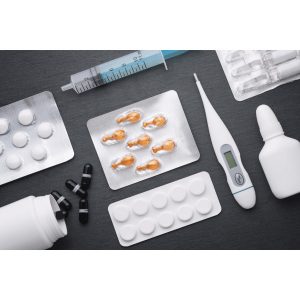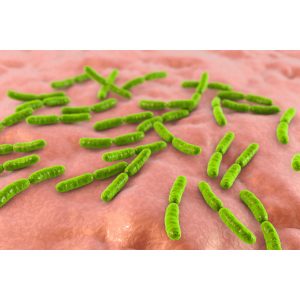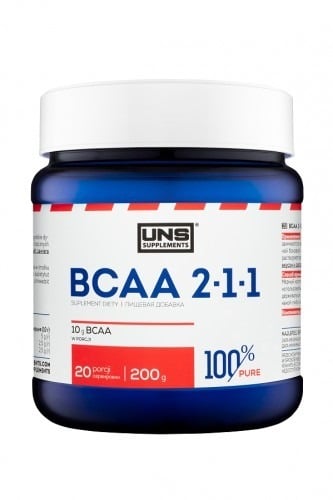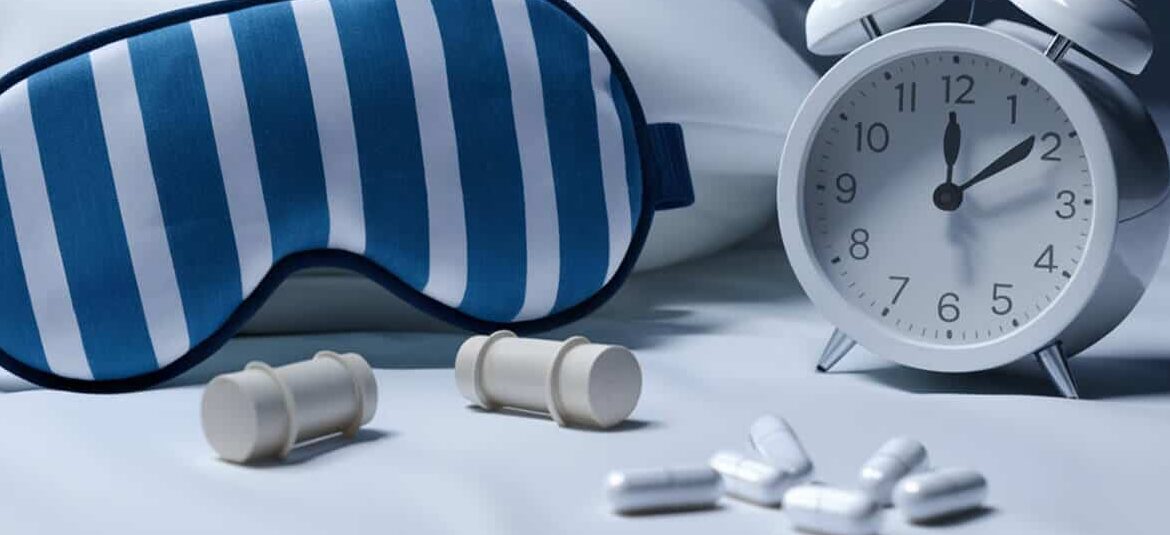
Effects of antibiotics on bacterial flora – what do you need to know?
Effects of antibiotics on bacterial flora – what do you need to know?
 Antibiotics are undoubtedly one of the most important inventions in the history of medicine. Thanks to them, doctors have been able to save millions of patients from death or serious illness caused by various microorganisms. But, unfortunately, today it is known that the use of antibiotics also has serious drawbacks. By far, the biggest problem today is the increasing resistance of certain microorganisms to antibiotic therapy. Moreover, antibiotics can have a very negative effect on our bacterial flora. Is this a cause for concern? What should we keep in mind during antibiotic therapy?
Antibiotics are undoubtedly one of the most important inventions in the history of medicine. Thanks to them, doctors have been able to save millions of patients from death or serious illness caused by various microorganisms. But, unfortunately, today it is known that the use of antibiotics also has serious drawbacks. By far, the biggest problem today is the increasing resistance of certain microorganisms to antibiotic therapy. Moreover, antibiotics can have a very negative effect on our bacterial flora. Is this a cause for concern? What should we keep in mind during antibiotic therapy?
“Good bacteria,” or a few words about our bacterial flora
Nowadays, bacteria are generally not associated with anything positive. However, we should not lump all microorganisms into the same category. Why? Because in the body of every person, there is a so-called bacterial flora. It consists of countless numbers of different microorganisms that are found primarily in our intestines and digestive system.
These bacteria are not dangerous to health. On the contrary! Without them, our body could not function normally. This is because bacterial flora is responsible for the proper course of many metabolic processes. Thanks to these inconspicuous microorganisms, we can digest food and assimilate the nutrients it contains. The bacterial flora also influences the functioning of the immune system and the synthesis (production) of hormones.
So why do doctors and health experts regularly warn people against bacteria? Well, only the so-called pathogenic microorganisms are dangerous for us. As the name suggests, they are responsible for the formation of disease and inflammation in the body. Therefore, to combat such pathogens, doctors prescribe the described antibiotics to patients. But, unfortunately, this is where a problem arises…
The effect of antibiotic therapy on the bacterial flora
The problem is that antibiotics destroy all bacteria literally. Of course, this course of action is necessary to remove the disease-causing microorganisms from the body. However, by doing so, taking antibiotics has a very negative effect on the state of the bacterial flora. During such treatment, a lot of beneficial bacteria are killed, which can negatively affect our health.
In fact, each imbalance of the bacterial flora carries a particular risk. However, if it is a one-off, its consequences should be pretty mild. These are often various ailments related to the digestive system (e.g., digestive disorders, diarrhea, constipation, or gas).
However, much more significant problems affect patients who, for various reasons, must periodically take antibiotics. Then the bacterial flora in their bodies is not only destroyed but also can not regenerate properly. This, in turn, is associated with much more severe health consequences.
Common disorders of bacterial flora primarily affect the functioning of the digestive system. As a result, patients after prolonged antibiotic therapy are much more likely to develop serious ailments such as irritable bowel syndrome (IBS), Crohn’s disease, and diabetes. Some doctors even talk about a correlation between the state of the bacterial flora and… arthritis!
Clearly, antibiotics are not the only factor leading to the disruption of the natural bacterial flora. Equally destructive influences can include:
– chronic stress;
– excessive alcohol consumption;
– inadequate diet low in fiber;
– smoking cigarettes.
How to take care of the balance of bacterial flora during antibiotic therapy?
Of course, the above information in no way invalidates the numerous benefits of taking antibiotics. But, on the other hand, it should be remembered that antibiotic therapy is a considerable burden on our bodies. Therefore, during such treatment, it turns out to be particularly important to take care of the bacterial flora.
How can this be done? First of all, you need to understand that antibiotics are a powerful group of drugs and should be used only with the doctor’s consent. Under no circumstances should you start antibiotic therapy “on your own”!
However, if your doctor recommends the use of antibiotics, there are a few essential rules to keep in mind:
Firstly, antibiotic therapy should follow a strictly defined plan. Firstly, the antibiotic treatment should be carried out according to a specific program, so do not decide to prolong the therapy even if the current treatment does not have the expected effect.
Secondly, a generally accepted rule is that the antibiotic is taken together with a so-called probiotic. This is a unique preparation with a high content of microorganisms that are part of the bacterial flora. Taking such tablets together with an antibiotic reduces its side effects and, at the same time, accelerates the restoration of the flora.
Third, certain foods can also be an excellent source of probiotics. Therefore, patients suffering from bacterial flora disorder should include in their diet: kefirs, buttermilk, pickled vegetables (e.g., cucumbers, cabbage), garlic, onions, and fresh fruit.
On the market, you can also find numerous dietary supplements containing substances that positively influence bacterial flora. Taking such preparations will be a great complement to all the advice described above!
 Summary
Summary
The bacterial flora undoubtedly has a significant impact on our health. Microorganisms present in the intestines participate in many metabolic processes. Without them, our body could not properly digest food and absorb nutrients. Unfortunately, the use of antibiotics has a very negative effect on natural bacterial flora. Therefore, such drugs should not be taken without a clear suggestion from the doctor. If antibiotic therapy is already necessary, it is worth taking supplements containing the so-called probiotics. They allow a faster recovery of the bacterial flora and reduce the side effects of taking antibiotics.









